Special events at the Michael G. Foster School of Business bring community and business leaders together with Foster students and alumni to network and discuss current trends, business best practices, leadership, and much more.
Use the check boxes to filter events by department or program.
Event Calendar
The University of Washington is committed to providing access, equal opportunity and reasonable accommodations in its services, programs, activities, education and employment for individuals with disabilities. To request disability accommodation in the application process, contact the Disability Services Office, 448 Schmitz Hall, at least 10 days in advance of the event at 206-543-8924 (voice), 206-543-8925 (TTY), 206-616-8379 (fax) or [email protected] (email).

